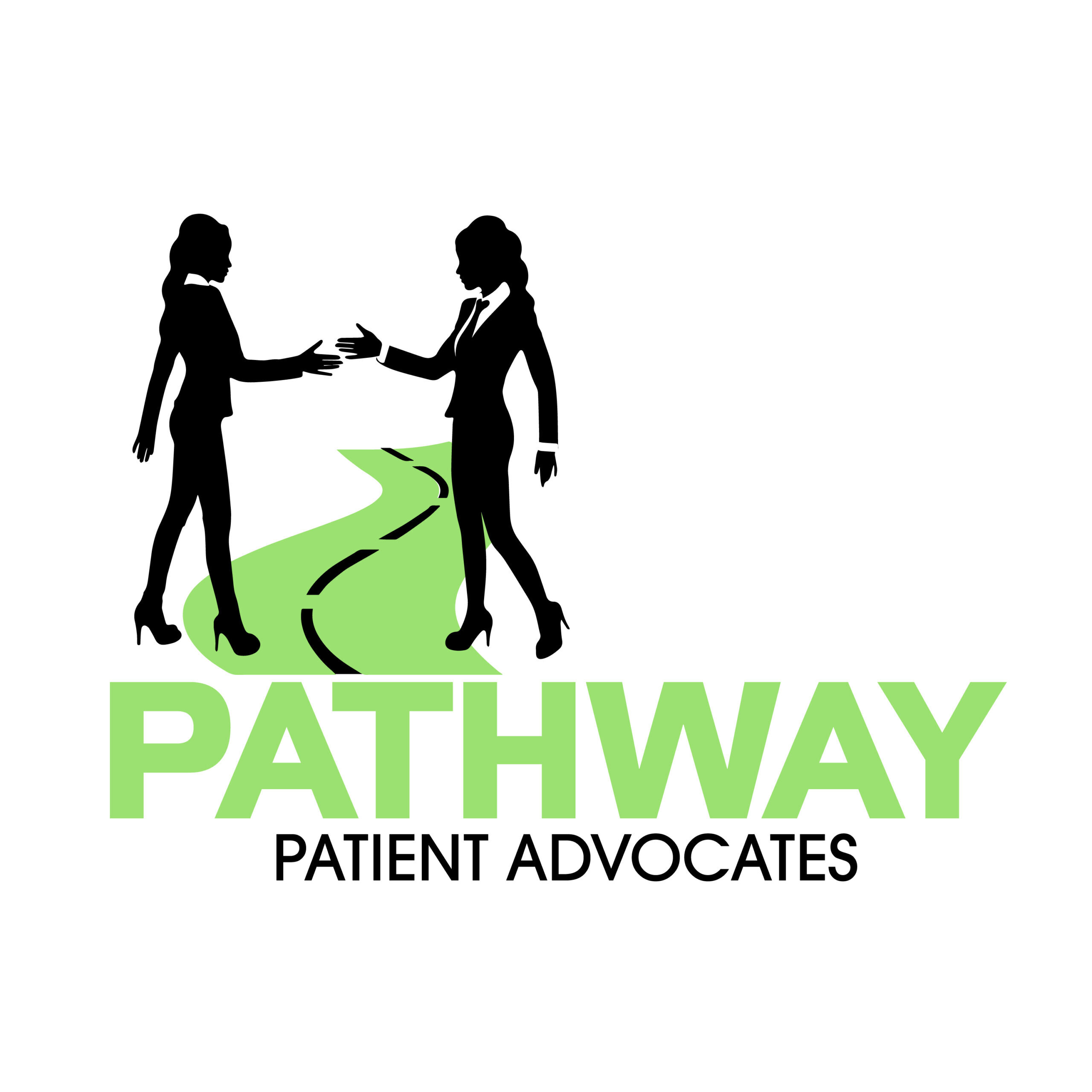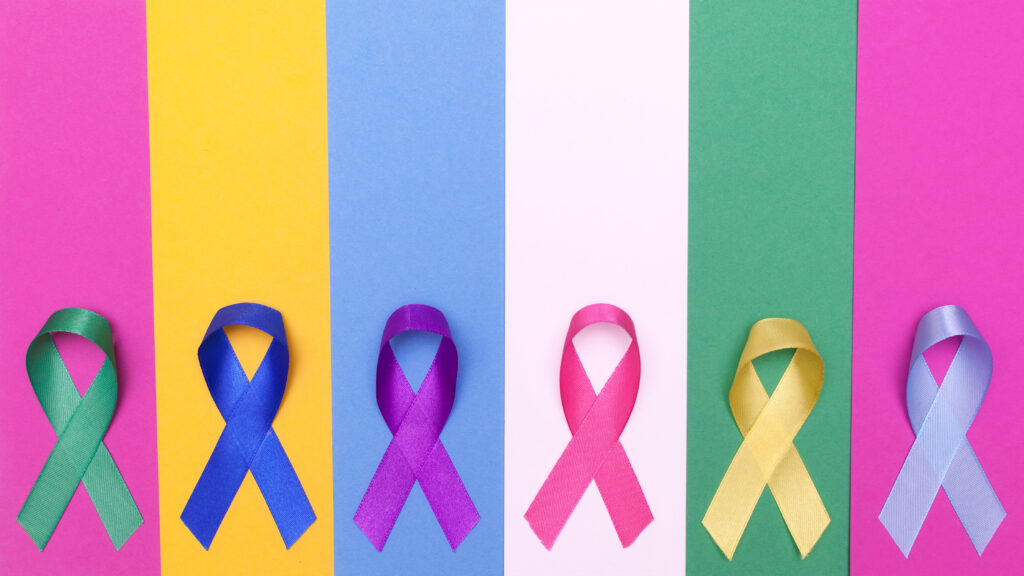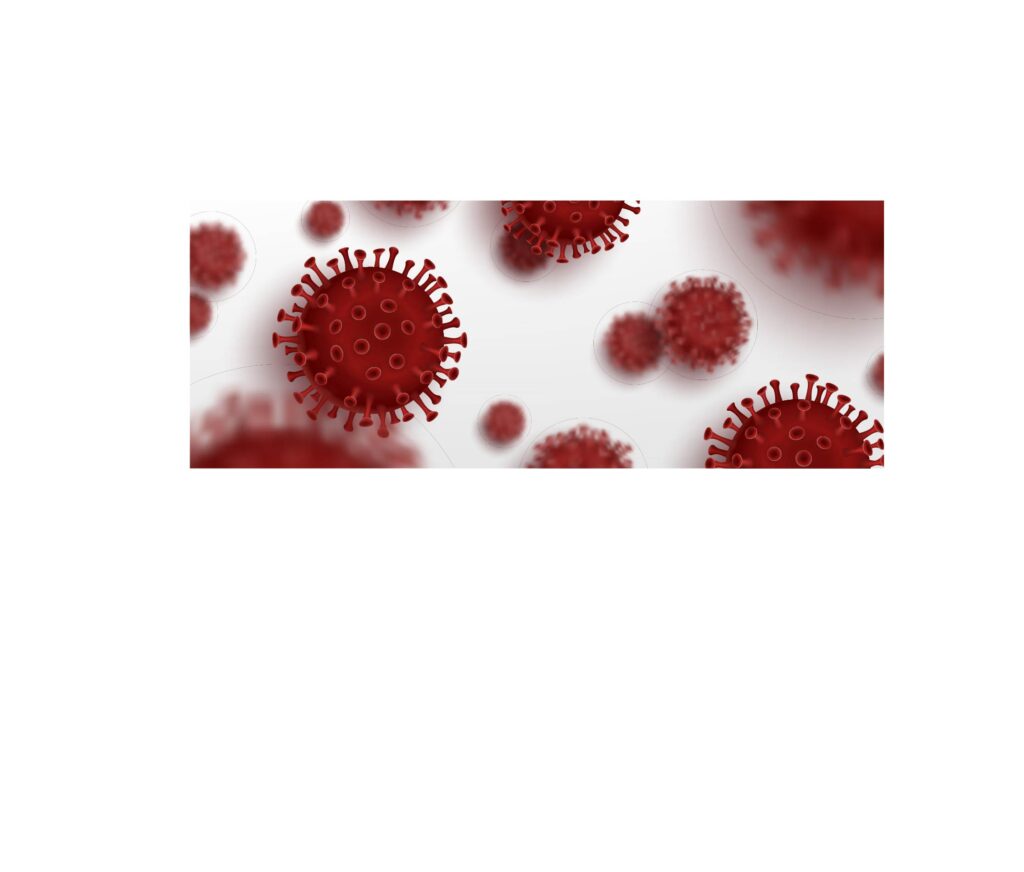
None of us are strangers to receiving a bill after a physician’s office visit, a procedure, or hospital admission, and thinking “WOAH, there is no way this is right”.
Medical billing errors are common, and unfortunately, many people are overpaying for healthcare services. Some errors are a result of miscoding, while others are attributed to the untimely filing, and sometimes even duplicate billing.
Improper coding: Insurance companies may reject a claim because the level of service or procedure code may not be justified by a diagnosis code. So many of us have been victims of this. I recently received a hospital bill after a trip to the emergency room. My symptoms needed to be addressed urgently, and the ER was my only option due to the time of day. I spent about 1 hour in the hospital and did not receive any medications, imaging, or procedures. Soon after my visit, I received a hospital bill for over $1,500! After reviewing the denial from my insurance company and further researching the claim, I recognized that the hospital billed for an incorrect and uncovered diagnosis. Months of a dispute later, I owe the hospital $0. Can you imagine if I paid the original bill without looking into it? It is important to understand what you are being billed for and why to ensure that you are not overpaying for your medical bills.
Timely filing: After an office visit or procedure, healthcare facilities have a limited amount of time to submit a claim to your insurance company. Many times, they may neglect to submit the claim in time for various reasons, and your insurance company may deny the bill. This results in the patient receiving a bill for the full amount of the claim. If this happens, the full bill is not your responsibility. Communicate with your insurance company to ensure the claim was received on time, and coordinate with the hospital to have the bill revised for the appropriate amount.
Duplicate billing: Have you ever received a bill and thought to yourself, “I am sure I already paid this”? But, because you received another statement, you pay it anyway. Nowadays, so many statements are computer generated and sent on a monthly basis. There may be a lag in posting a payment, so a patient receives a bill for a service that was already paid for. It is important to keep track of all payments made and investigate if you are unsure of what you are paying for, or certain that you have already made the payment.
If you need assistance understanding a medical bill or disputing a bill to a facility or insurance company, Pathway Patient Advocates can help! Our experience in billing and coding will help ensure that you are not overpaying for any of your healthcare services.









